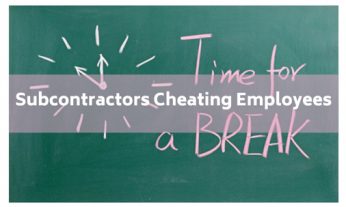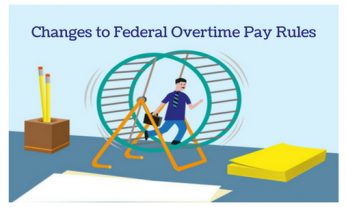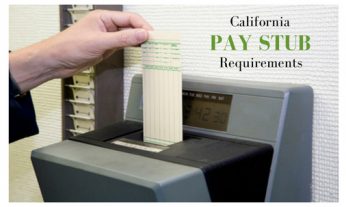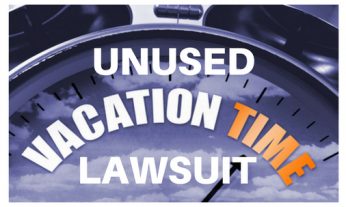 When the company did not properly address employee concerns in a California Walmart, workers took matters to the courts for a resolution. It turns out to have been an excellent strategy, with California courts once again maintaining the rights and dignity of the state’s workforce. If you find yourself working for an unscrupulous employer who fails to provide proper compensation, a local labor and employment attorney may be able to help.
When the company did not properly address employee concerns in a California Walmart, workers took matters to the courts for a resolution. It turns out to have been an excellent strategy, with California courts once again maintaining the rights and dignity of the state’s workforce. If you find yourself working for an unscrupulous employer who fails to provide proper compensation, a local labor and employment attorney may be able to help.
Walmart’s Violations
In a class action suit filed on behalf of about 5,000 workers in a Chino, California Walmart, employees received a big win when the court found the company had, indeed, violated the Unfair Competition Law (UCL) and/or California’s Private Attorney General Act (PAGA) in several ways. Walmart was found to have neglected to compensate employees fairly:
- Meal and rest periods were not provided;
- Employees were not compensated for all hours worked;
- Overtime pay was denied to employees;
- Final paychecks were not forthcoming;
- Wage pay stubs did not contain complete and correct itemization.
Legal Expectations
California’s Unfair Competition Law is designed to provide relief for unfair business practices. This may relate to practices that are fraudulent, that violate statutes, or that otherwise are unfair to employees. Under the UCL, plaintiffs may be reimbursed monies owed and businesses may be forced to change their practices.
The Private Attorneys General Act gives employees the power to sue for civil damages related to employer violations of the labor code.
The law is clear regarding meal breaks for employees who work five hours or more:
- Employers are required to provide a 30-minute break that is unencumbered by workplace duties;
- The meal break must be uninterrupted time over which the employer has no control;
- Employees may not be impeded or discouraged from taking these breaks.
For employees who work over 10 hours in a single shift, a second break must be provided, as well.
Details of the California Walmart Case
In the California Walmart scenario, the court found that employees were discouraged from taking their guaranteed breaks by an onerous security check they were required to undergo when leaving the building. Now, while it is not incumbent upon an employer to ensure that employees perform work during their breaks, when a lengthy security check significantly diminishes the amount of time allowed for a break, the company can be found in violation of the law. In the case of Walmart, that is precisely what occurred, and a jury believed employees who claimed it was an impediment to taking lunch breaks. [Read more…]









